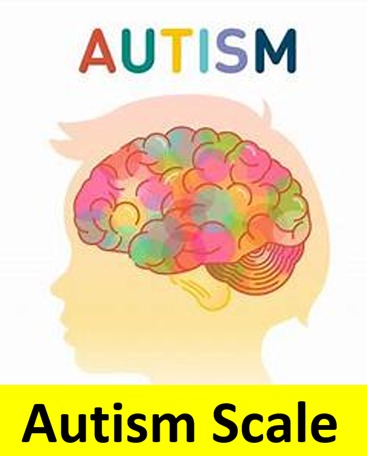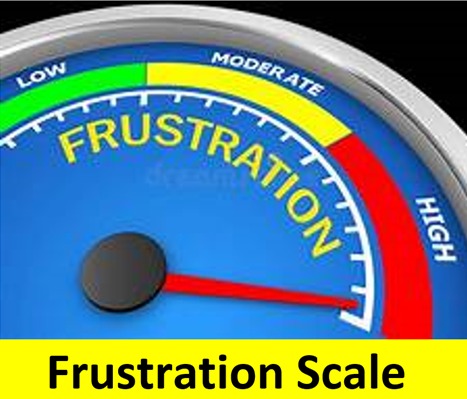Tests

AUTISM SYMPTOMS SCALE (Altawil,2020)
AUTISM SYMPTOMS SCALE (at any age)
(Altawil, 2021)
Autism
is a lifelong developmental disability which affects how people communicate and
interact with the world. One in 100 people are on the autism spectrum and there
are around 700,000 autistic adults and children in the UK. Signs and
symptoms of Autism vary widely, which is why Autism diagnosis should only be
carried out by experts, but can include one or more of the following symptoms.
Below is a list
of difficulties people sometimes have since their early childhood life. Please reply
to the clinician for each item, and then indicate how distressing each
difficulty has been for you DURING THE PAST SIX MONTHS with respect to
(your problem), how much were you distressed or bothered by these difficulties?
Subscales of
Autism: a)Qualitative Abnormalities in Reciprocal Social Interaction, b)Qualitative
Abnormalities in Communication, c)Repetitive, Restricted and Stereotype Interest
and Activities
Not at all=(0) A little bit=(1) Moderately=(2)
High=(3)
Severe=(4)

Frustration Scale (Altawil,2021)
Frustration Scale
Developed by GBPP www.spcaltawil.com
This scale is easy to detect common symptoms and
manifestations of frustration, and it is a measure that any person can
implement quickly as a self-reported (10 items only), the scale was developed
based on long experience of clinical work.
(3) It happens often and
always to me (>%80),
(2) It happens sometimes
(between %50 - %80),
(1) It happens a
little bit (<%50),
(0) It does not happen
at all.
Over
the last 2 weeks, how often have you been bothered by any of the following problems?

Patient Health Questionnaire (PHQ-9) Depression Severity
Patient Health Questionnaire (PHQ-9)
Depression Severity
This easy to use patient questionnaire is a self-administered version of the PRIME-MD diagnostic instrument for common mental disorders. The PHQ-9 is the depression module, which scores each of the nine DSM-IV criteria as "0" (not at all) to "3" (nearly every day). It has been validated for use in primary care.
It is not a screening tool for depression but it is used to monitor the severity of depression and response to treatment. However, it can be used to make a tentative diagnosis of depression in at-risk populations - eg, those with coronary heart disease or after stroke.
(3) It happens often and
always to me (>%80),
(2) It happens sometimes
(between %50 - %80),
(1) It happens a
little bit (<%50),
(0) It does not happen
at all.
Over the last 2 weeks,
how often have you been bothered by any of the following problems?

Positive Personality Scale (GBC-10) (Altawil, 2020)
This scale is used to examine the level of positive personality. It is mainly used for youths and adults.
It is made up of 10 phrases, each
phrase has four choices as described below:
(3) It happens often and
always to me (>%80),
(2) It happens sometimes
(between %50 - %80),
(1) It happens a
little bit (<%50),
(0) It does not happen at all.
In
the last two weeks to this point, how much do you commit to the following characteristics:

Resilience Scale (GBC-10) (Altawil, 2016,2018, 2020)
The
psychological resilience scale is used to examine the level of resilience
mainly in young people and adults.
It
is made up of 10 phrases, each phrase has four choices as described below:
(3) It
happens always or often every day,
(2) It
occurs in more than half of the days,
(1)
It happens a little bit, i.e. less than half the days,
(0) It
does not happen at all.
In
the last four weeks to this point, how much do you commit to the following characteristics:

